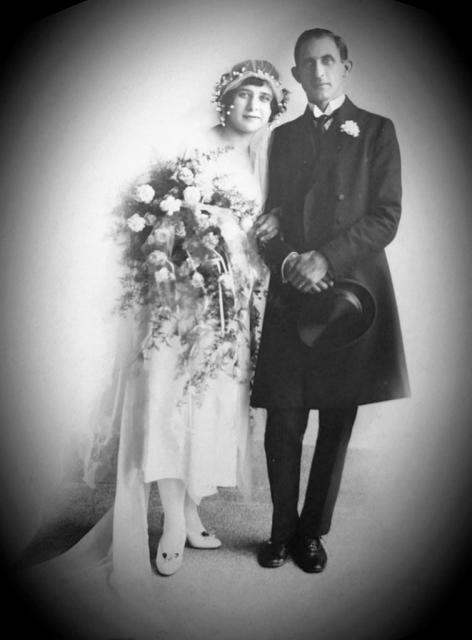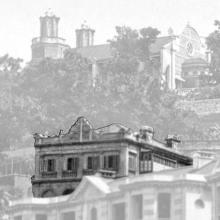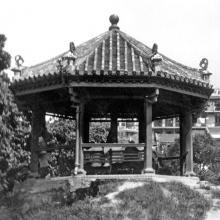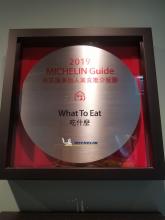Philip Harding Klimanek (1883-1965) was born in the Czech Republic, at the time his place of birth was part of the Austro-Hungarian empire. In ca. 1905 he started to work for Holland-China Trading Company, in Hong Kong.
In 1939, when Charles Gesner van der Voort arrived in Shanghai to work for the company, he was Charles' superior. In a letter home he wrote: "Played chess with Klimanek in the French Club" [translation Pieter Lommerse, the French Club was Le Cercle Sportif Français, a fashionable place to be in the 1930s and it still exists today].
Philip Harding Klimanek was also a juror for the Hong Kong judicial system, which can be found in gwulo.com, for the last time in 1941.
His grandson wrote to me: "Though he had been based in Shanghai before the war we know he was captured in Hongkong on 24th Dec 1941 during the “Battle of Hongkong”. He had been a volunteer with the “isolated Tytan [this should probably be Tai Tam, or Tytam at the time] Godows of the Food Control from November to the end of December 1941” We assume he was involved with food conservation as the Japanese were approaching."
"He was beaten up on capture and needed medical treatment. He was in and out of Stanley camp until the Japanese surrender in 1945. As he was of Austro-Hungarian descent after the war his nationality was hard to determine as his papers and all his possessions had been lost, his health was very poor as a result of how he had been treated during the war. Eventually he managed to get a temporary Czechoslovakian passport in 1948 issued in Nanking China. After a short period in the UK looking for work he returned to the HCTC and was traveling between Shanghai and Hongkong. He retired in Hongkong and returned to England 31st Dec 1950."
Gwulo.com administrator David added a comment about the Tai Tam godown shelters: "I guess he spent that time at Godowns (warehouses) that stored food for emergency use. You can see other examples of this type of godown listed at <a href="https://old.gwulo.com/%3Ca%20href%3D"https://gwulo.com/hong-kong-shelter-area">https://gwulo.com/hong-kong-shelter-area" rel="noreferrer nofollow">gwulo.com/hong-kong-shelter-area</a>;
Philip Harding Klimanek was a close friend of Willem Kien, another early HCHC-employee, later to become director of the company. Willem Kien's daughter in law recalls seeing him during visits in The Netherlands, together with his wife Zoia and daughter Sylvia. Also Anneke Knüppe-de Jongh, daughter of former HCHC-employee and director Frans de Jongh, has warm memories of the family, which her family stayed closely in touch with.
The North - China Herald and Supreme Court & Consular Gazette of 6 May 1922 (Courtesy ProQuest Historical Newspapers: Chinese Newspapers Collection):
"WEDDINGS
Klimanek-Kojevnikova
Mr. Philipp Harding Klimanek, son of Dr. Joseph Klimanek, of Prague, Czecho-Slovakia, and of Emily Jane (née Harding) of Jersey, Channel Islands, was married at St. Joseph's Church on Saturday to Mlle. Zoia Serjevna, daughter of M. Sergee Kojevnikova, Privvy Councillor, and Marie Alexandrona.
The Rev. Father Boucher officiated at the ceremony, which was of a quiet nature. The bride, who was given away by Admiral Vladimir Vladimirovitch Kovalasky was in white satin, trimmed with pearls, and a tulle veil wreathed in orange blossoms. She carried a shower bouquet of white roses and carnations. Mr. P. Stuijfbergen, manager of the Holland China Trading Co., to which the bridegroom also belongs, acted as best man. Before her marriage the bride was a well known dancer.
The happy couple left for Tsingtao [Qingdao], where they will spend their honeymoon."
Courtesy Harding-Klimanek family archives




